Sleep Health
Your Guide to Understanding and Improving Your Sleep
Unlock the Secrets to Better Sleep
At the core of well-being lies the profound impact of quality sleep on our daily lives. This page serves as your gateway to essential insights, beginner-friendly information, and key details on how our personalized solutions help you. Explore the fundamentals of sleep, discover the importance of a restful night, and take the first step towards a healthier, revitalized you.
Sleep Cycles
Sleep is a dynamic process comprised of distinct cycles, each playing a crucial role in your overall well-being. The sleep cycle consists of various stages, including light sleep, deep sleep, and rapid eye movement (REM) sleep. Each stage serves a unique purpose, contributing to physical restoration, memory consolidation, and emotional balance.
Incomplete sleep cycles can disrupt the natural progression of physical and mental restoration, potentially leading to increased fatigue, impaired cognitive function, and a diminished overall sleep quality.
How Much Sleep Do I Need?
The amount of sleep required varies across different age groups. As a general guideline:
- Infants (0-3 months): 14-17 hours
- Babies (4-11 months): 12-15 hours
- Toddlers (1-2 years): 11-14 hours
- Preschoolers (3-5 years): 10-13 hours
- School-age children (6-13 years): 9-11 hours
- Teenagers (14-17 years): 8-10 hours
- Adults (18-64 years): 7-9 hours
- Older adults (65+ years): 7-8 hours
Key Resources

The Importance of Sleep
Discover how a good night’s rest influences your physical health, mental acuity, and emotional balance.

How We Help
Discover the ways we address sleep-related dental issues, offering an alternative to traditional CPAP methods.

Sleep Assessment Quiz
Curious if you need assistance? Take this quick and informative quiz that identifies common issues.
Common Sleep Issues
Recognizing Signs of Poor Sleep
Ensuring you receive a proper amount of sleep is crucial for overall health.
A lack of sleep can severely impact your productivity and mental health:
- Persistent Fatigue: Despite spending sufficient time in bed, feeling consistently tired during the day may indicate sleep issues.
- Difficulty Concentrating: Impaired focus, memory, and decision-making can be linked to inadequate sleep.
- Mood Changes: Sleep plays a vital role in emotional regulation, and disruptions can contribute to irritability and mood swings.
- Impaired Physical Health: Poor sleep is associated with an increased risk of chronic conditions, such as obesity, diabetes, and cardiovascular issues.
Identifying Sleep Disorders
Quality sleep is essential for overall well-being, but various sleep disorders can impact the ability to achieve restful nights.
Understanding and recognizing these common sleep issues is the first step toward effective intervention:
- Insomnia: Persistent difficulty falling or staying asleep, often resulting in daytime fatigue and impaired functioning.
- Sleep Apnea: Characterized by pauses in breathing during sleep, sleep apnea can lead to disrupted sleep and is associated with health risks.
- Narcolepsy: A neurological disorder causing excessive daytime sleepiness and sudden, uncontrollable episodes of falling asleep.
Take the First Step to Better Sleep
If you’re ready to get the restful sleep you deserve, it’s time to speak to one of our sleep professionals. Our team will work with you to create a personalized treatment plan that fits your specific needs. If you’re still unsure, take our short sleep quiz that identifies the most common sleep-related issues to see which ones you’ve experienced.

